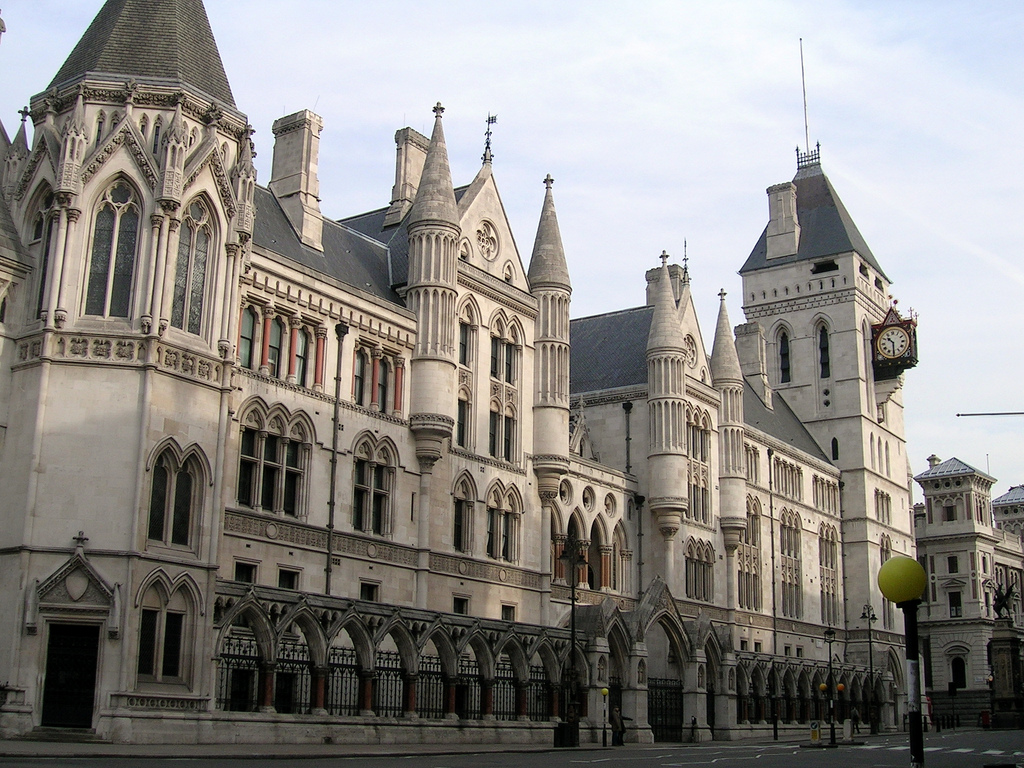Today the High Court ruled that the government did not have the power to notify the European Union (EU) of the United Kingdom’s intention to leave the EU. This means that notification- under Article 50 of the Treaty on European Union– must involve parliament.
Politicians who campaigned for the UK to leave the EU have been critical of the ruling- in some cases, very strongly critical.
The irony of this position is obvious. Those who campaigned to leave the EU did so at least in part because they wanted Parliament to be sovereign. The High Court in its judgment repeated that Parliament was sovereign, and that the government could not do anything to alter the law of the land unless Parliament had given it the power to do so.
This criticism makes more sense if you believe (as many Leavers must) that any process which involves Parliament will make Brexit less likely, or postpone it, or alter its character in some important way.
It’s true that most MPs before the referendum opposed leaving the EU.
But many MPs will believe that although it would have been better for the UK to have voted to stay in the EU, the fact that a majority of voters voted to Leave means that we ought to Leave.
If MPs do not reach this position on principled grounds, they might well reach it on prudential grounds. I’ve previously shown that roughly three in every five constituencies voted to Leave. The proportion is far higher in England and Wales, where it approaches seventy percent, than in Scotland or Northern Ireland.
Thus, although involving Parliament may have the effect of making Brexit less likely, this will not take the form of Brexit being voted down by Parliament.
Will Parliament ultimately need to be involved? That depends on what happens on appeal. The government has said that it will appeal the decision to the Supreme Court.
On average, roughly one half of appeals to the Supreme Court succeed. That figure is slightly lower (around four in ten) for those appeals which the court did not itself select, as this is the case.
That figure is still lower for the small number of cases which leapfrogged from High Court to Supreme Court without first being selected by the Supreme Court: only four of these fifteen appeals succeeded.
Just knowing the route the case has taken, we might given the government a one-in-four chance– but we might reasonably revise this downwards given the content of the High Court’s judgement.
It seems very much as though the court was so uninspired by the government’s arguments that by the time it got round to considering the arguments of the claimants, it didn’t need very much encouragement to find in their favour.
Thus, whilst it’s possible that the government might succeed, the government should probably act now on the basis that it is likely to fail (or worse still, that its success or failure might depend on a reference to the CJEU).
How then will Parliamentary involvement affect the Article 50 procedure? There are three issues to be considered:
•the nature of parliamentary involvement
•the timing of Article 50 notification, and
•the constraints on government.
Most have assumed that parliamentary involvement requires the passage of an Act of Parliament, and cannot involve anything less than an Act of Parliament.
I think this is probably right- and even if it were wrong, the government would still probably want to proceed on this basis.
It might be possible to argue that notification of the UK’s intention to leave the EU, under Article 50 of the Treaty on European Union, is a “[right] enjoyed or to be enjoyed by the United Kingdom under or by virtue of the Treaties”, and that Section 2 of the European Communities Act 1972 permits subordinate legislation “for the purpose of enabling such rights, and that parliament might be involved in that subordinate legislation in the same way and to the same extent as it is involved in other subordinate legislation like Statutory Instruments. But this would be a big stretch. (I only mention this because I’m not the only one to have considered it).
If parliamentary involvement does require an Act, then this affects the timing of Article 50 notification. Passing an Act takes time. Consider the following five Bills introduced in the 2015/16 Parliamentary session:
•The Armed Forces Act was introduced on 16th September 2015, and
received Royal Assent on the 12th May the following year, eight months later;
•The Bank of England and Financial Services Act was introduced on October 14th 2015, and received Royal Assent on the 4th May the following year, eight months later;
•The Charities Act was introduced on the 28th May 2015, and received Royal Assent on the 16th March 2016, ten months later;
•The Enterprise Act introduced on 16th September, and received Royal Assent on the 4th May 2016, eight months later;
•The Welfare Reform and Work Act introduced in July 9th 2015, and received Royal Assent in March of the following year, nine months later.
The modal time to passage is eight months. Eight months from now is July 1st 2017, long after the government’s self imposed deadline for triggering Article 50 of the end of March, and there is (as far as we know), no government Bill yet fit to be introduced.
There are ways of getting bills passed quickly, and one informed (but not super confident) guess suggested that a bill might be passed within two or three months.
A bill which did no more than notify the EU of the UK’s intention to Leave might pass quickly. This brings us on to the most important point- the effects of parliamentary involvement on government negotiation.
It would be possible for Parliament to trigger Article 50 without setting any limits on how government could conduct the subsequent negotiations. That would be an unusually large blank cheque for Parliament to write. The government might try to push for this, but if it did so, it would be presumably (a) have to be separate from the far more substantial Great Repeal Act, and (b) it might lose anyway.
The government might therefore try to make concessions, either procedural in nature (we promise to involve you in these ways), or substantive (we promise to aim for these kinds of things). [Update: since writing, I’ve realised that Jolyon Maugham makes these points much more clearly at Prospect)
Concessions of either kind would make passage of the bill more likely- but it would require the government to be far, far more open than it has been up until this point.
Dr Chris Hanretty is reader of Politics at the University of East Anglia
This post originally featured on medium.com
Image Credit: Wikimedia





